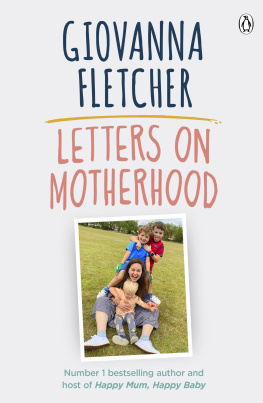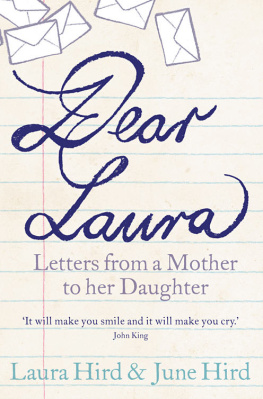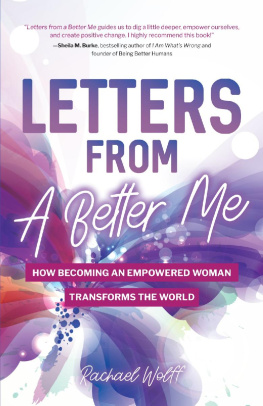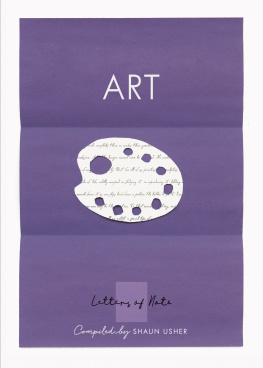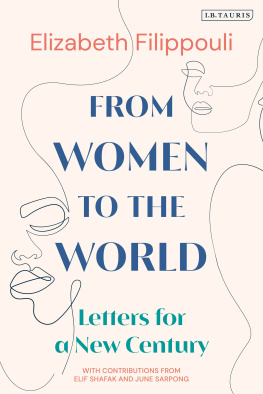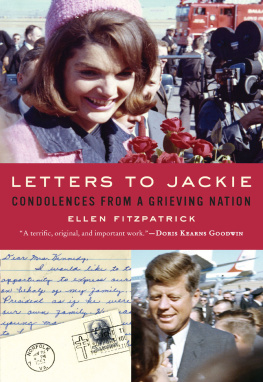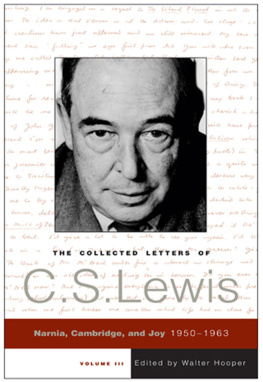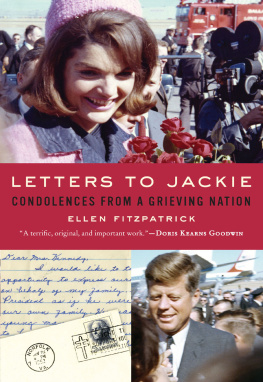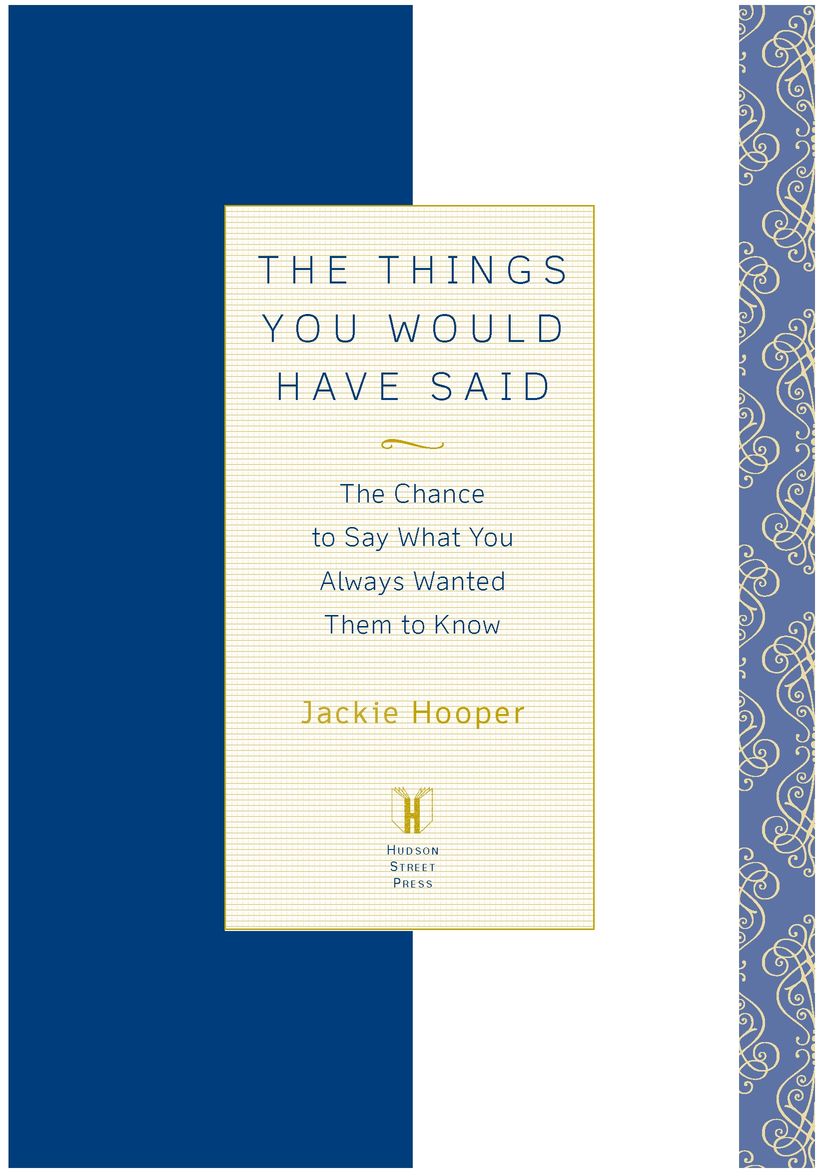Table of Contents
To my parents
Thank you for giving me a voice, so I can help others find their own.
Introduction
I have spent the last few years collecting letters from complete strangers.
It began in March 2009, after the actress Natasha Richardson died suddenly of complications from a minor skiing accident. I was on vacation with my family in Hawaii when I heard the news of her passing. I glanced at the television while searching for my flip-flops and froze in my steps. Natasha had been on vacation, trying to conquer a new activity, when a freak accident ended her life. At that moment, our lives were eerily similar and I was struck by the disturbing realization that I was also on vacation, also trying new things. What if something happened to my dad during a scuba trip or to my niece during her first swim in the ocean? As my family and I gathered our sunglasses and magazines, I felt a strange sense of shame come over me, almost as though I should feel guilty for being able to enjoy a vacation with my family while something terrible was happening to hers.
Even after arranging our deck chairs and settling around the pool, I couldnt stop thinking about Natasha. I kept thinking about her family and friends who assumed they would hear her voice later that night or see her for the dinner party they had planned. I thought about how quickly our lives can change and how the people we expect to be around indefinitely can disappear in an instant.
Sometimes, in the wake of a natural disaster, ordinary people feel compelled to fly across the world to provide relief. I was beginning to feel something similar. It wasnt enough to appreciate what I had in my own life and go about my day; I wanted to help people find a way to cope with life-altering moments. I wanted to somehow give them a chance to speak to a loved one once more, to have that final conversation. I knew I couldnt provide a face-to-face interaction, but I thought I could offer them the next best thing.
I sat silently for a moment before turning to my parents and saying, What if I started collecting letters from people, asking them to write to someone and say something theyve always wanted to say? It could be an outlet for people. While they nodded appropriately and were equally encouraging, I dont think they fully understood what I was envisioning, nor the urgency I felt in beginning this project. I didnt even know what I would do with the letters yet, but I did know that writers would feel encouraged if they felt that others cared about what they had to say. After a few minutes, I went back inside and opened my laptop.
By the time I returned to the mainland, I had a list of organizations to contact that would enable me to reach a fair amount of people at one time. The question I wanted to ask was simple: If you were given the chance to tell someone something you never had the opportunity to express, what would it be? I wrote to schools, jails, retirement homes, and churches around my community, attempting to include people of all ages and backgrounds. I wanted the project to prove that no matter your age or life experience, there is always something you wish you could have said, no matter how big or small it might be. I tried not to form any expectations for what this was to become or how many people I would reach; I just knew I simply had to try. After the first positive responses to my inquiries started to arrive, it confirmed that others, too, thought it was worth a try, and that was all I had been hoping for.
One of my first presentations was to a church congregation two hours south of my hometown. After I posted my homemade flyers on the bulletin board in the lobby, I sat alone in a pew and waited for the pastor to call me to the front of the crowd. I was nervous, wondering if anyone would listen or participate, since I was not a member of the congregation. However, when I finished speaking and sat back down, members began whispering to me, leaning over one another and asking for my e-mail and how they could learn more about the project. Following the service, people spoke of loved ones in the hospital and told me stories about their lives. When I left that morning, I was thrilled. I felt as though I had connected with people and was starting to make my mark. But a few days passed, and the letters I was expecting didnt arrive. I felt discouraged and began to question whether Id had any impact at all.
Soon, though, I received a letter that would serve as one of the most significant reminders of my motivation for the project. It was from a man at the church. Hed written to a high school classmate who was killed in a hit-and-run accident. Back then, the boy had often been harassed for being gay, which the writer noticed but did little to stop, and in the letter, the writer admitted his fear that the boys death was the result of such bullying. He wrote, Here it is, forty-three years later, and I still think about what I did not do. For the first time, I truly understood the importance of the project. It was not just my little idea anymoreother people were relying on me now, and it was up to me to make their stories heard. This is it, I thought. This is what it is all about.
As I began gathering even more submissions from the presentations, I was continually taken aback by the letters I received. The rawness of the pain being expressed was heartbreaking, and the honesty was humbling. Wives angrily wondered why their husbands had taken their own lives, mothers apologized to their never-born children. However, writers were also expressing much more than sorrow and pain. Students thanked former teachers for the valuable lessons learned in class, kids asked old neighbors questions about their new life and friends, and both men and women relived awkward moments they experienced in high school. I found myself smiling, even laughing at times, when I had initially expected to only be fighting back tears. The writers gave this project a new life, a bigger life, in unexpected and inspiring ways.
While I continued to reach out to local organizations, I quickly realized that a great deal of people could benefit from the project beyond my immediate community. Thus, I created a blog, www.wouldhavesaid.com, and began to post one letter each day. I hoped that through the Web site others could learn about the project, read submissions, and become inspired to write a letter of their own. Again the response was overwhelming. I received e-mails from Chicago, Florida, Quebec, and Finland, with letters of vivid memories and untold stories overflowing my inbox. Though I had hoped people could relate to this idea and participate in the project, I never could have predicted the impact it has had.
Often sent along with the letters are personal notes to me that say, Thank you for giving people like me a chance to have a voice. Writers say that by sending their letter to me, they truly feel as if they are sending the letter to the person theyve written to; they often add, And now that Ive let it out, I can let it go. The release is so powerful, in fact, that many people send in a second or third or even fourth letter. Readers, too, are deeply touched by the project, saying how each new letter gives them a fresh perspective on life in an almost indescribable way.
Even now, I am still amazed by the letters I receive. I find myself in awe of just how many people are willing to write about feelings they may not have even shared with those closest to them; how simply knowing you have an audience who cares and is willing to listen can inspire powerful expression. It has been a profound demonstration of peoples ability and desire to connect with one another during the difficult moments in life, reaching out to each other like old friends. It might take a moment for the idea to sink in, and it might take the writers some time to sort through their thoughts, but their follow-through has reminded me of the courage that lies in so many of us, even when we might not yet realize it is there.


